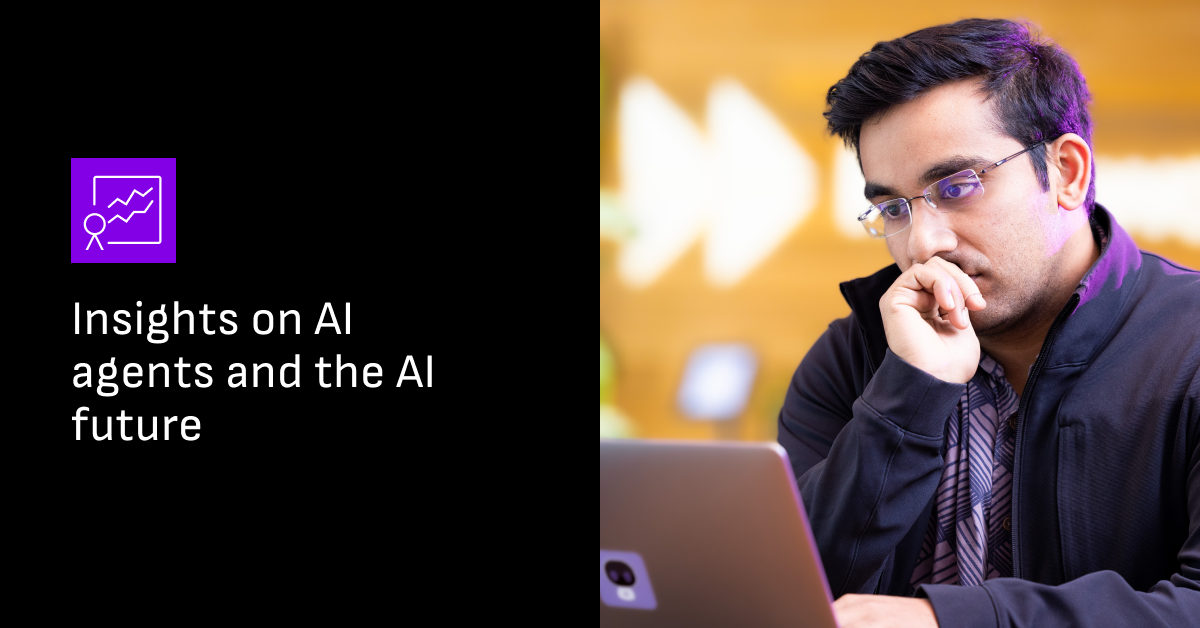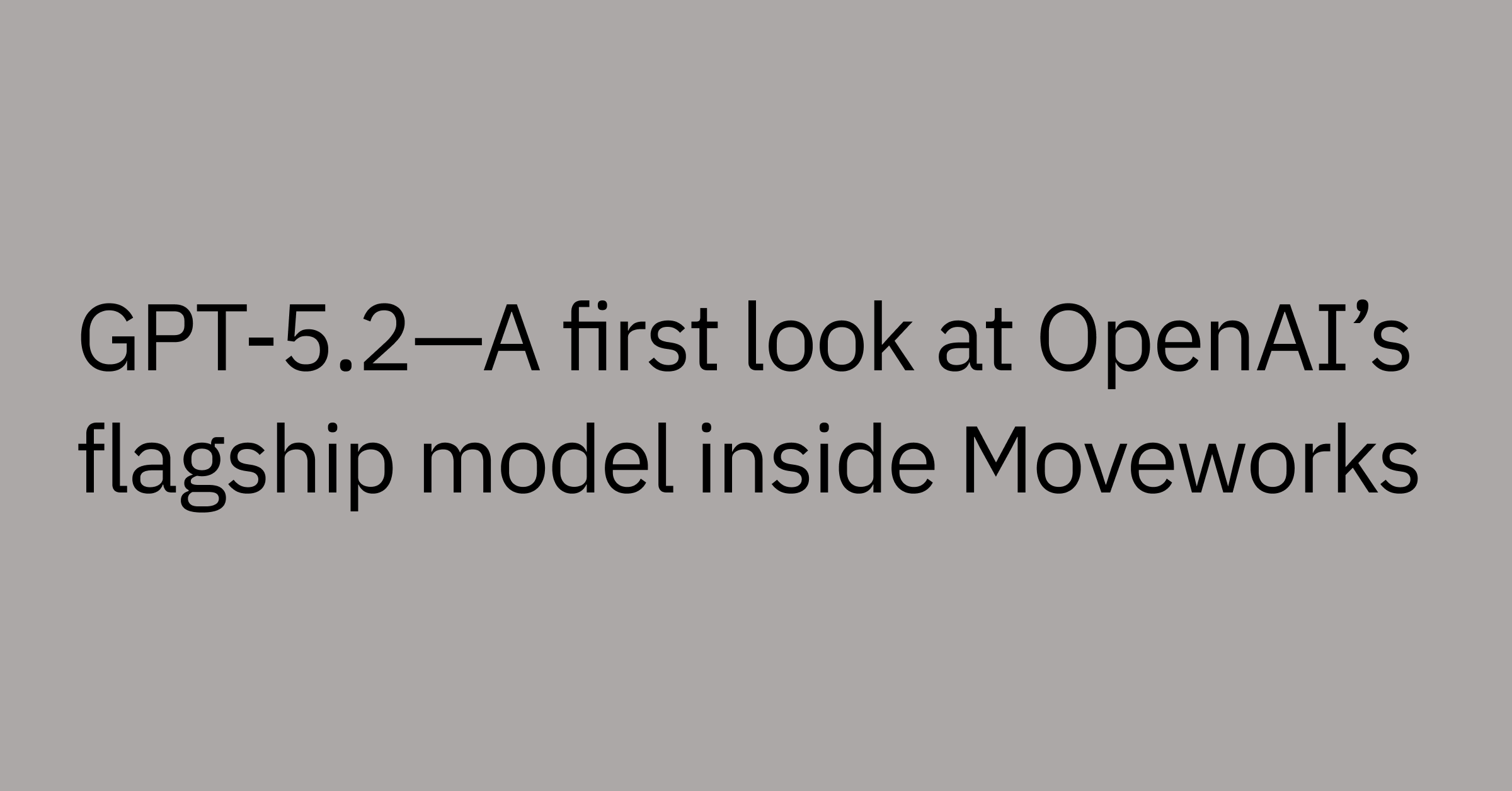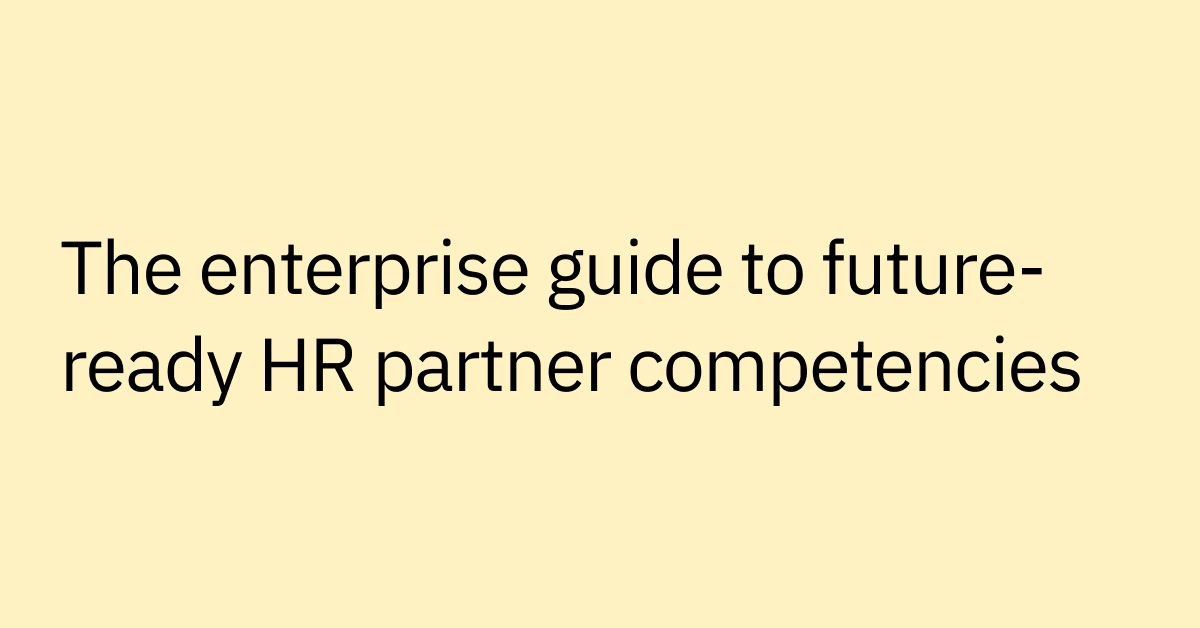Table of contents
Highlights
- Generative AI improves individual productivity, but true business transformation requires AI agents that complete full workflows.
- Agentic AI interprets intent, plans actions, and executes them autonomously to deliver measurable operational efficiency.
- Early enterprise use cases focus on HR, Sales, IT, Cybersecurity, Healthcare, and Education—highly repetitive areas ripe for automation.
- Using a “jobs to be done” framework helps identify tasks that can be safely and reliably automated at scale within 1–3 years.
The past few years have been defined by AI’s first major breakthrough—Generative AI. This technology has helped people become more efficient by automating content creation and synthesis of information via techniques like Retrieval Augmented Generation (RAG).
AI-powered tools such as ChatGPT, Copilot, and Gemini are now embedded into workflows, assisting employees with writing emails, generating code, summarizing documents, and analyzing data.
This has resulted in:
- Faster completion of knowledge tasks: Employees can draft reports, refine messaging, and answer inquiries in seconds rather than minutes or hours.
- Higher-quality work: AI assists with grammatical corrections, strategic insights, and complex problem-solving, leading to better outputs.
- Reduced cognitive load: Professionals can offload repetitive and manual work to AI, allowing them to focus on critical thinking and innovation.
While this saves time for employees and improves quality of work, boosting individual productivity does not necessarily translate to a more productive business. While Generative AI can reduce the time employees spend on tasks, businesses still need the human touch to complete processes end to end. For example:
- Support teams can summarize tickets, but still need to resolve them manually.
- HR teams can draft responses to employee inquiries, but must still process requests themselves.
- IT teams can generate troubleshooting guides, but engineers must still execute the steps.
To drive true business productivity, organizations must look beyond AI as an assistant – and move toward AI as an autonomous work companion.
AI’s Next Act: Agentic AI
The next phase of AI evolution is Agentic AI, capable of interpreting language to understand user needs and taking steps to help them reach their goals. These systems go far beyond Generative AI and are capable of supporting a wide range of job functions. Instead of merely helping employees perform tasks faster, AI agents can execute certain tasks end-to-end, reducing the need for human intervention.
This transformation delivers two key benefits:
- Operational Efficiency – Businesses can scale larger without requiring proportional increases in headcount.
- Workforce Surplus – Employees can focus on strategic initiatives rather than repetitive, operational work - the latter being handled by AI Agents.
AI agents will not only help to absorb more responsibilities currently handled by employees, but they will also encompass the benefits of Generative AI, further enhancing productivity and decision-making.
What Jobs Can AI Agents Support in the Next 1-3 Years?
The arrival of agentic AI raises the question about “jobs to be done”. That is the missing piece of the puzzle of business transformation by AI agents. What are the elements of jobs and functions AI agents can reliably automate at scale NOW?
Consider jobs that require intensive human capital yet have a large operational or administrative overhead, ripe for support from automated solutions:
- Human Resources: HR business partners dedicate up to 57% of their time on administrative tasks like answering questions, updating systems, or processing paperwork.
- Sales: According to Salesforce’s research, reps spend just 28% of their week actually selling, with the majority of their time consumed by other tasks like deal management and data entry.
- IT & Cybersecurity: A shortfall of over 1.2 million IT professionals and 4 million unfilled cybersecurity positions threatens the security and reliability of digital infrastructure.
- Healthcare: By 2030, the U.S. is projected to face a shortage of ~65,000 nurses, impacting patient care nationwide.
- Education: 86% of school districts report teacher shortages, leading to increased reliance on underqualified staff.
These industries—and many others—stand to benefit from AI agents supporting and managing certain operational, administrative, and support functions, and freeing up skilled professionals to focus on high-impact work.
Moveworks: A Front-Row Seat to the AI Revolution
As a leader in Agentic AI business transformation, Moveworks is at the forefront of this transformation. Our Agentic AI platform is already enabling businesses to deploy AI-driven workflows that automate complex processes, optimize support functions, and enhance operational efficiency.
We have direct visibility into how AI agents are reshaping work at some of the world’s largest organizations and members of the Fortune 500. This gives us unique insight into:
- The business functions most ready for AI transformation
- The most impactful job tasks being automated today by AI agents
- The measurable value businesses are realizing from AI-driven automation
Join Us for a Deep Dive Into the AI-Driven Future
In this blog series, we’ll share data-driven stories about how enterprises are leveraging AI agents to drive business productivity. Expect deep dives into:
- The key job functions AI is transforming
- The most valuable AI-driven initiatives
- The tangible cost savings and efficiency gains businesses are experiencing
So whether you're new to agentic AI or are already getting started, stay tuned for expert insights to help stay ahead of the AI revolution and discover how AI agents can fundamentally redefine business operations.



